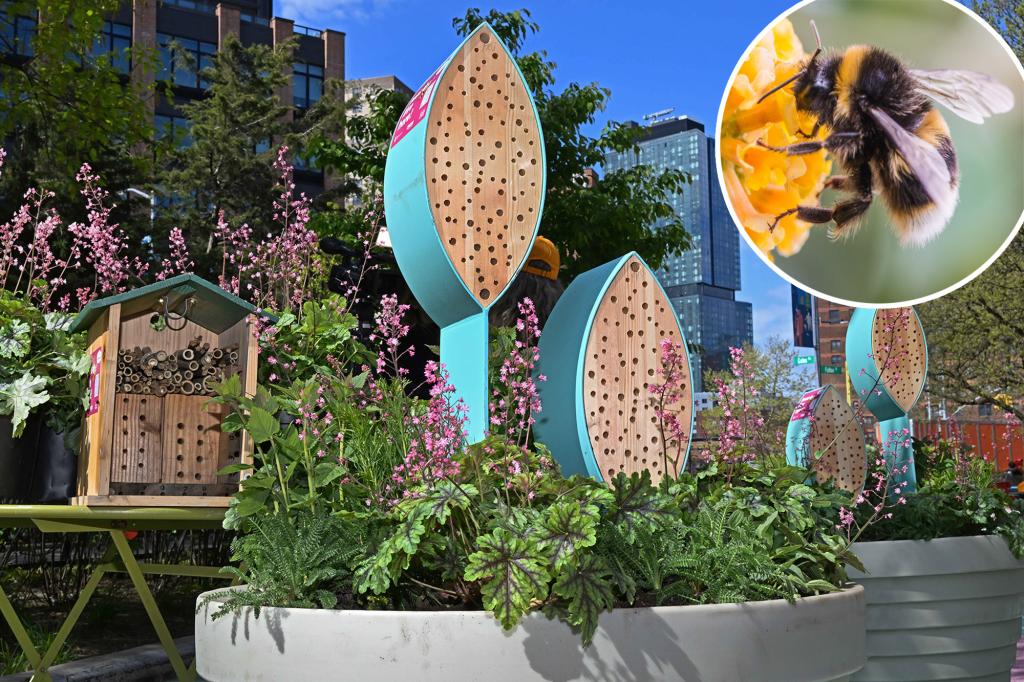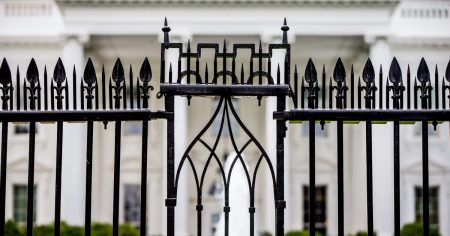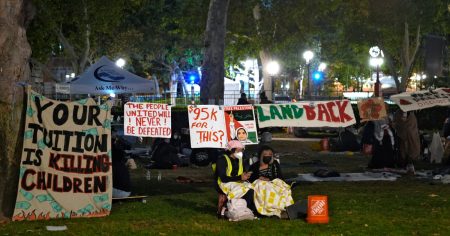The city of New York is introducing birdhouse-style “bee hotels” to seven public plazas to create habitats for at-risk native pollinators. Department of Transportation Commissioner Ydanis Rodriguez announced the initiative, which includes wooden boxes on poles and bee-friendly vegetation to provide nutrition and nesting for bees. The goal is to support native bee populations and contribute to important scientific research on the bees.
The bee-friendly spaces in the plazas will include underground “bunkers” surrounded by plants and nutrient-rich soil where female bees can build nests and lay eggs. However, bee expert Anthony “Tony Bees” Planakis, a former unofficial bee expert with the NYPD, expressed concerns about attracting bees to dense urban areas. He believes that the lack of space for bees to forage, along with the inability of the bees to defend themselves against threats like yellow jackets or hornets, could potentially harm the bees.
The installations are planned for Cooper Square Plaza in Manhattan, 34th Avenue in Queens, Water Street Plaza in Staten Island, Quisqueya Plaza in the Bronx, and Gates Avenue in Brooklyn. The bee hotels were previously tested at Parkside Plaza in Brooklyn and Fordham Plaza in the Bronx. The project aims to address the declining populations of native pollinators in New York, with up to 60% of the state’s native pollinators at risk, according to a 2022 report by the New York State Department of Environmental Conservation.
The Department of Transportation collaborated with the Horticultural Society of New York and Rutgers University for this project. The Hort and the Department of Transportation are transitioning many plantings in public plazas and open streets to perennial plants, including native and pollinator plants to support the bee-friendly spaces. The initiative is part of a larger effort to promote ecological sustainability in the city and provide support for the local ecosystem.
While the introduction of bee hotels in public plazas is meant to create habitats for at-risk native pollinators and facilitate important scientific research, some experts, like Anthony Planakis, have raised concerns about the sustainability of attracting bees to dense urban environments. Planakis suggests that bee hotels in Staten Island and suburban areas may be more successful than in boroughs like Manhattan and the Bronx. He advocates for leaving bees in their natural habitats and allowing them to thrive without human interference.















